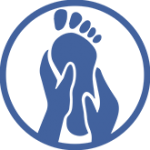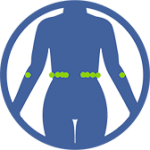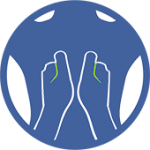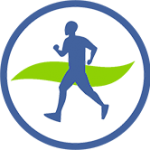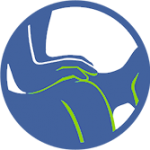Blog
Should You Pay Off Sleep Debt On The Weekend?
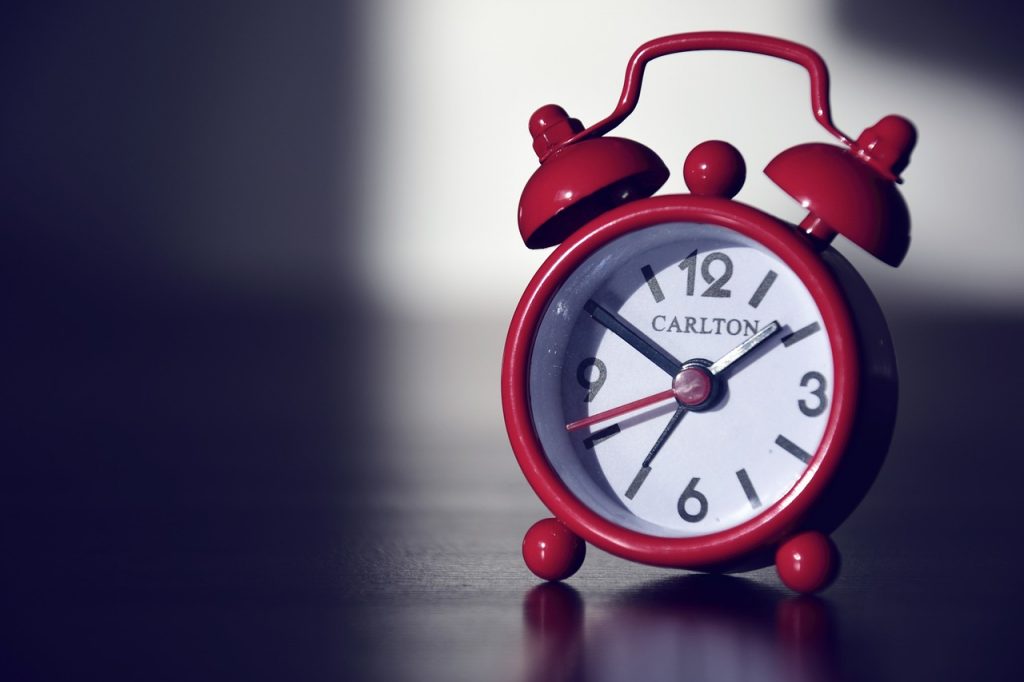
| Some recent research looked at whether catching up on sleep during the weekend offset a deficit that most of us get during the week. Spoiler Alert – sleeping in on Sat and Sun doesn’t help (enough). Weight gain was almost identical for the people that stayed sleep deprived and those that tried to catch up. Both were higher than group that got enough sleep.In some ways, weekend recovery sleep resulted in worse outcomes than continued sleep loss. For example, weekend recovery sleep led to greater deterioration in insulin sensitivity, a key determinant of risk of developing diabetes.Melatonin rhythms in the weekend recovery group were disrupted by over 1.4 hours the following Monday – which means you’re going to have trouble falling asleep and not get great sleep. This doesn’t mean you shouldn’t try to make up for periods of lost sleep but does show that it’s going to be a process and sleep deprivation (in this study was 5 hours of sleep vs 9 hours which was optimal) is really bad for your health long term. For more about this study and some tips on getting an awesome night of sleep, check out my FULL BLOG POST. |
Favorite Podcast of the Week:
| Timing is everything.On Tony Robbin’s Podcast they interviewed Daniel Pink, author of When: The Scientific Secrets of Perfect Timing. Daniel describes 3 phases of productivity that we all experience throughout a day: Peak, Trough and Recover. Peak – Do analytic work. Trough – Do administrative work. Recovery – Do creative work. Besides walking through when to have lunch, benefits of a 20 min nap, and when students should take standardized test the other most interesting info to me was figuring out your chronotype (Lark, Owl, or Third-bird). I’m a Third-bird (or Intermediate), you can figure out your chronotype HERE with a questionnaire that takes about 10 min. |
Testimonial of the week:
| “In the waiting room, there a sign that says “Expect Miracles”. About a year ago I damaged my rotator cuff. I went to weeks of physical therapy with limited results. Then I had a cortisol injection, which really worked. After a couple of months the pain came back. I have been living with the pain since for months. My wife suggested having the chiropractor look at it. I thought that’s not the kind of thing he does but I mentioned it to him on a recent visit. His eyes lit up and he said let me take a look. He did some seemingly minimal adjustments and in a couple of days my pain was down 90%(!). I went back yesterday for another adjustment and am now 100% pain free!!!!!! After a year of suffering with pain and broken sleep, I have experienced what his sign in the waiting room says. Thanks Dr Doug!” – Bill W. |
Sleep, Exercise, Screen Time & Kids
Recent article in JAMA Pediatrics about all of the above was a real eye-opener:
- 6- 12 y.o. need 9-12 hours of sleep/ night. Teens need 8 – 10 hours/ night. Wow!
- ALL kids need an hour of vigorous exercise EACH day.
- Kids should have less than 2 hours of screen time each day (includes phones, tablets, computers & tvs.)
- Obese children were 43% less likely to meet these goals while overweight children were 20% less likely.
- Not meeting these goals leads to chronic health issues (obesity, mental health problem, poor grades and bad lifestyle habits)
Side note: It’s not just kids, adults need to take note of these things. There is a lot that should go into this discussion and we’re not perfect at our house but knowledge = power! I’ve had a pair of blue light blocking glasses which also helps the impact since the beginning of year and have been loving them. This doesn’t cut down on the time in front of the screen but helps with eye fatigue and improving hormones affected by blue light.
Favorite Podcast of the Week: Found My Fitness w/ Dr. Matthew Walker
This is definitely a deep dive into some pretty heavy medical terms around the importance of improving sleep. My biggest take-aways were:
- sleep helps the brain encode new information if you have proper sleep before learning, helps solidify the information while sleeping, and improves long-term memory after sleep (makes the case for not pulling those all-nighters in college, bummer)
- just several days of poor sleep (less than 7 hours!) changes cells in the pancreas and affects blood glucose levels – which in plain English means that you start to show signs of pre-diabetes!
- People who are sleep deprived avoid social interaction.
His book is now at the top of my reading list and stay tuned for a class I’ll be teaching about how to improve your sleep.
Favorite Quote of the Week:
“Gratitude is also the doorway to forgiveness.” – Dave Asprey, Game Changers.
Mobility Move of the Week:


Use two tennis balls taped together. Lying on your side, place your shoulder in the middle of the two tennis balls and roll up and down. Should not cause any pain in the shoulder – this is my go-to release after sitting at a computer all day or tough shoulder work out.
Nutrition Nugget of the Week:
Time restricted eating (skipping breakfast or eating within designated time of day) is not the same as fasting. True biological fasting only begins to happen after 24-30 hours of being free from food. At a minimum, a genuine fast must activate at least phase one of your body’s survival mode.
I’ve been studying and experimenting with time restricted eating and fasting for the past couple of years and only recently have begun doing extended fasts (5 days). If you’re interested in learning more about the different types of fasting out there, I’m teaching a class on Thursday, March 14th at 6pm. Go HERE for more details.



